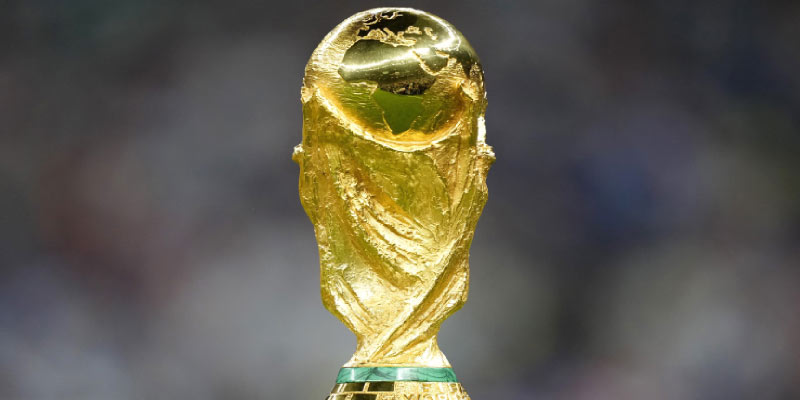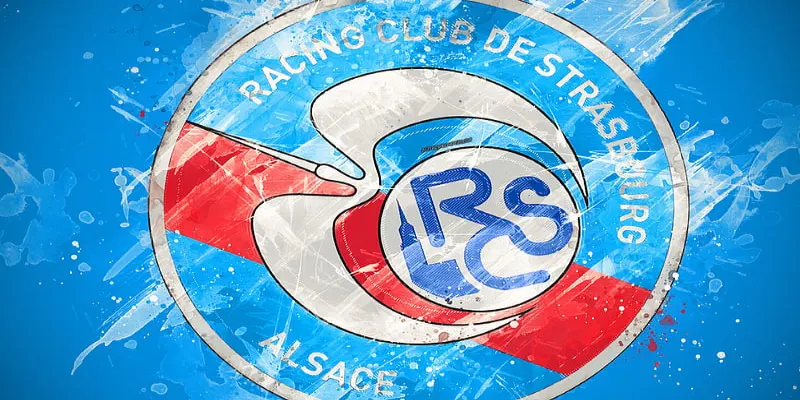The FIFA World Cup isn’t just a tournament—it’s a roaring global heartbeat felt every four years. From legendary goals to seismic upsets, it unites billions in moments of pure magic. But beyond the drama on the pitch lies a deeper story: a mirror reflecting each nation’s pride, politics, and power. It’s a cultural spectacle where underdogs become heroes and empires crumble. Whether you’re a diehard fan or a casual viewer, the World Cup is where history is written in cleats and dreams. This isn’t just football—it’s the beautiful game at its most epic, unpredictable, and unforgettable.
FIFA World Cup Records
Records associated with the FIFA World Cup serve as benchmarks of excellence, showcasing extraordinary achievements that have defined the tournament. From most goals to the fastest scores, these records paint a vivid picture of the tournament’s evolving nature and intensity.
Individual Records
The World Cup is a treasure trove of records, with players etching their names in history through breathtaking performances. The longest-held record is perhaps that of Just Fontaine, the French striker who scored 13 goals in the 1958 World Cup—an achievement that has, for decades, seemed untouchable. This remarkable statistic serves as a reminder of the relentless pursuit of greatness that characterizes the competition.
Additionally, Lothar Matthäus of Germany holds the record for the most World Cup matches played, featuring in 25 matches across five tournaments. His longevity and consistency highlight both individual fitness and the tactical importance of experience in high-stakes scenarios.
Team Achievements
Team records are equally impressive, with Brazil leading the way in terms of the number of World Cup titles — five championships (1958, 1962, 1970, 1994, 2002). This dominance has positioned Brazil as a symbol of soccer excellence, and with each new generation rises a fresh wave of talent, determination to maintain that standard.
Germany and Italy follow closely behind, each boasting four titles, creating a riveting dynamic in global football as each tournament unfolds. These records underscore not only the prowess of the individual players but also the effectiveness of national football development programs in producing top-tier talent.
The Most Memorable Moments
Certain milestones, such as the highest-scoring match in World Cup history between Austria and Switzerland in 1954, where the score hit 7-5, contribute to the tournament’s folklore. Such instances embody both the unpredictability and excitement that soccer fans cherish, ensuring that the FIFA World Cup‘s legacy is endlessly rich and varied.
While records may be broken, it is the stories behind those records that resonate with fans, connecting generations through a shared love for the game. The World Cup serves not only as a platform for unmatched athleticism but also as a stage for profound human emotion and cultural significance.
FIFA World Cup Format and Structure
Understanding the structure and format of the FIFA World Cup is essential for recognizing how this tournament has evolved and the logistical complexities involved in organizing such a grand event.
Tournament Structure
The FIFA World Cup typically begins with a qualification phase, which entails teams from various confederations competing for a limited number of spots in the main event. The qualifications create a sense of anticipation and excitement, as lesser-known teams often rise to the occasion and challenge established powerhouses.
The tournament’s main event consists of a group stage and a knockout phase. 32 teams compete in eight groups, with the top two teams from each group advancing to the knockout stage. This format maximizes the number of matches while keeping the excitement alive through intense direct elimination clashes.
Changes Over Time
The format has evolved through the years, from the original 13 teams in 1930 to potentially expanding to 48 teams in upcoming editions. While this change aims to provide more opportunities for diverse representation, it also raises questions about competitiveness and the overall quality of play.
Analyzing shifts in tournament format is essential, as it provides insights into how FIFA is adapting to the changing landscape of football’s popularity and the enhanced global representation of soccer.
Hosting Challenges
Every World Cup edition presents unique hosting challenges, especially regarding logistics, infrastructure, and scheduling. Nations often grapple with maximizing stadium capacities, managing fan influx, and ensuring the safety of players and spectators alike.
The financial commitment made by host nations breed varied outcomes ranging from positive legacy impacts to political debates surrounding expenditures. This can lead to invaluable lessons in hosting mega-events, a practice that resonates beyond soccer.
Memorable FIFA World Cup Matches
Throughout its long history, the FIFA World Cup has given rise to countless matches that remain etched in the memory of fans worldwide. Each game bears witness to the passion and drama that accompanies the sport, further solidifying the tournament’s status as a global spectacle.
The “Game of the Century”
One match that stands out in World Cup lore is the quarterfinal clash between Italy and West Germany in the 1970 tournament, famously dubbed the “Game of the Century.” Known for its relentless intensity, the match ended with a score of 4-3 in favor of Italy after 120 minutes of grueling extra time.
This encounter not only showcased top-tier talent but highlighted the desire of both teams to achieve greatness. The drama, with direct confrontations and breathtaking goals, ultimately cemented its legendary status in World Cup history.
The Miracle of Bern
Another memorable moment is the 1954 Final in Bern, Switzerland, where an unrecognized West German team triumphed over the heavily favored Hungarian squad, who had gone into the final unbeaten for over two years. This unexpected victory changed the dynamics of post-war European soccer, providing a source of hope and pride for the German people.
The match’s historic significance lies not only in its outcome but also in the era it represented—a transition from the despair following World War II to renewed national pride through sporting achievement.
Emotional Ups and Downs
Matches that captivate the heart and soul of fans often hinge on emotional narratives. The 1998 World Cup saw France emerge as champions on home soil, marking its first title. The triumph resonated deeply with the hosts, unifying the country under the banner of a shared national identity through victory in sport.
These memorable matches represent more than just athletic feats; they convey the stories of resilience, heartbreak, and triumph that correspond with the diverse cultures of the nations involved. This interweaving of emotion and sport makes the FIFA World Cup truly remarkable.











Leave a Reply